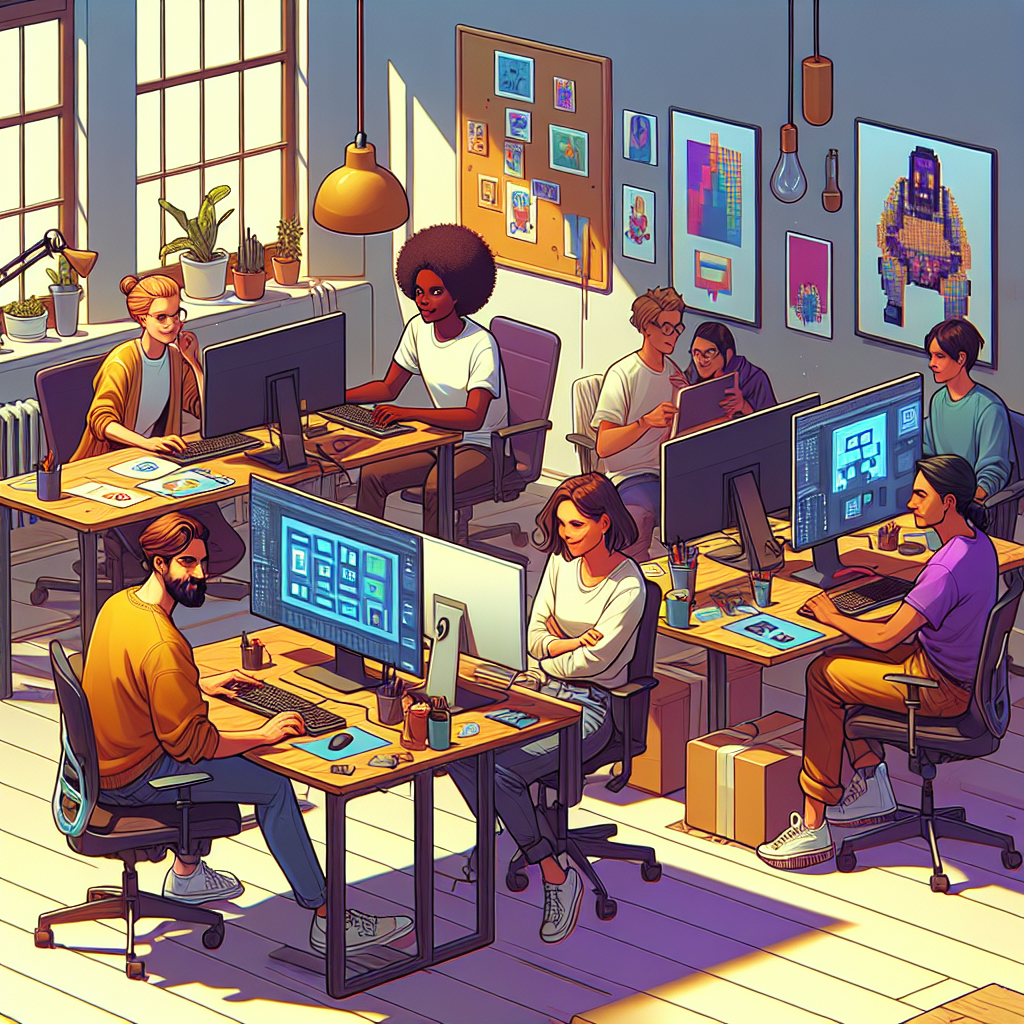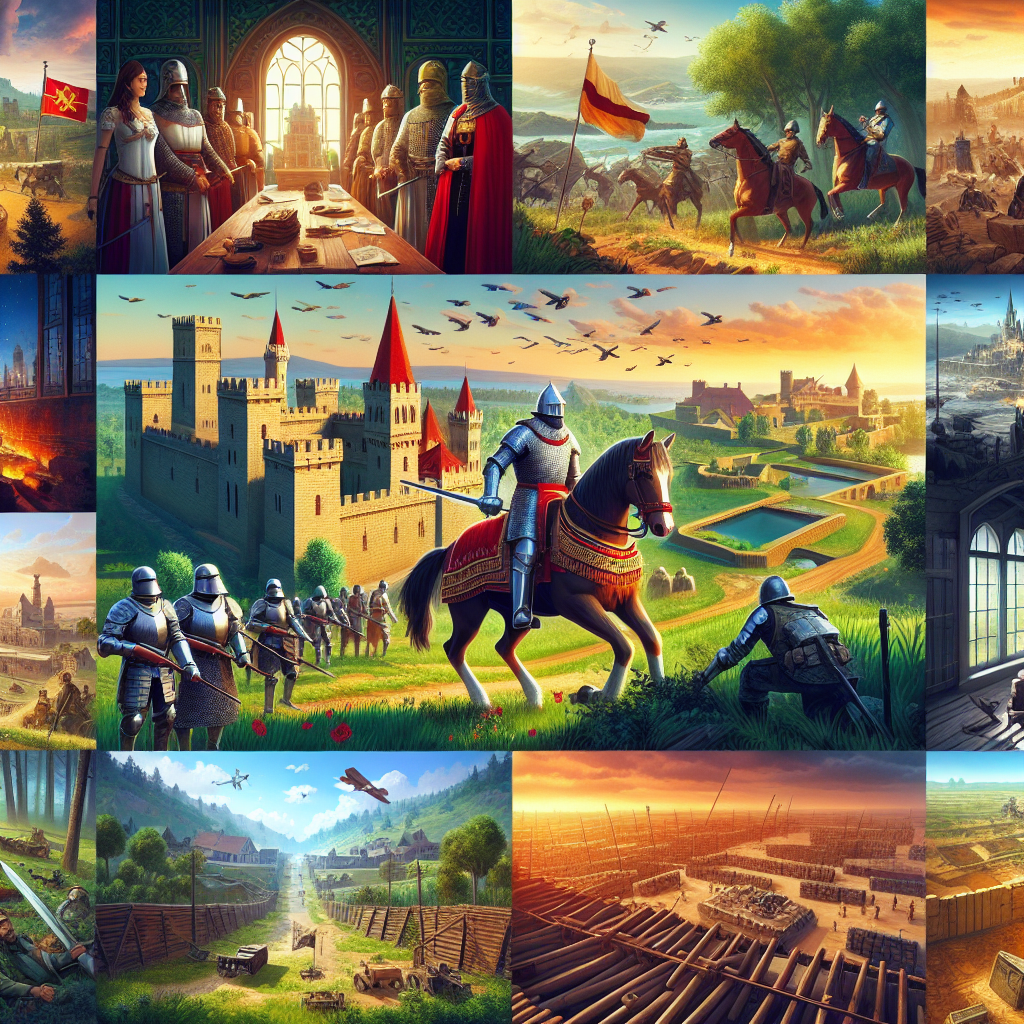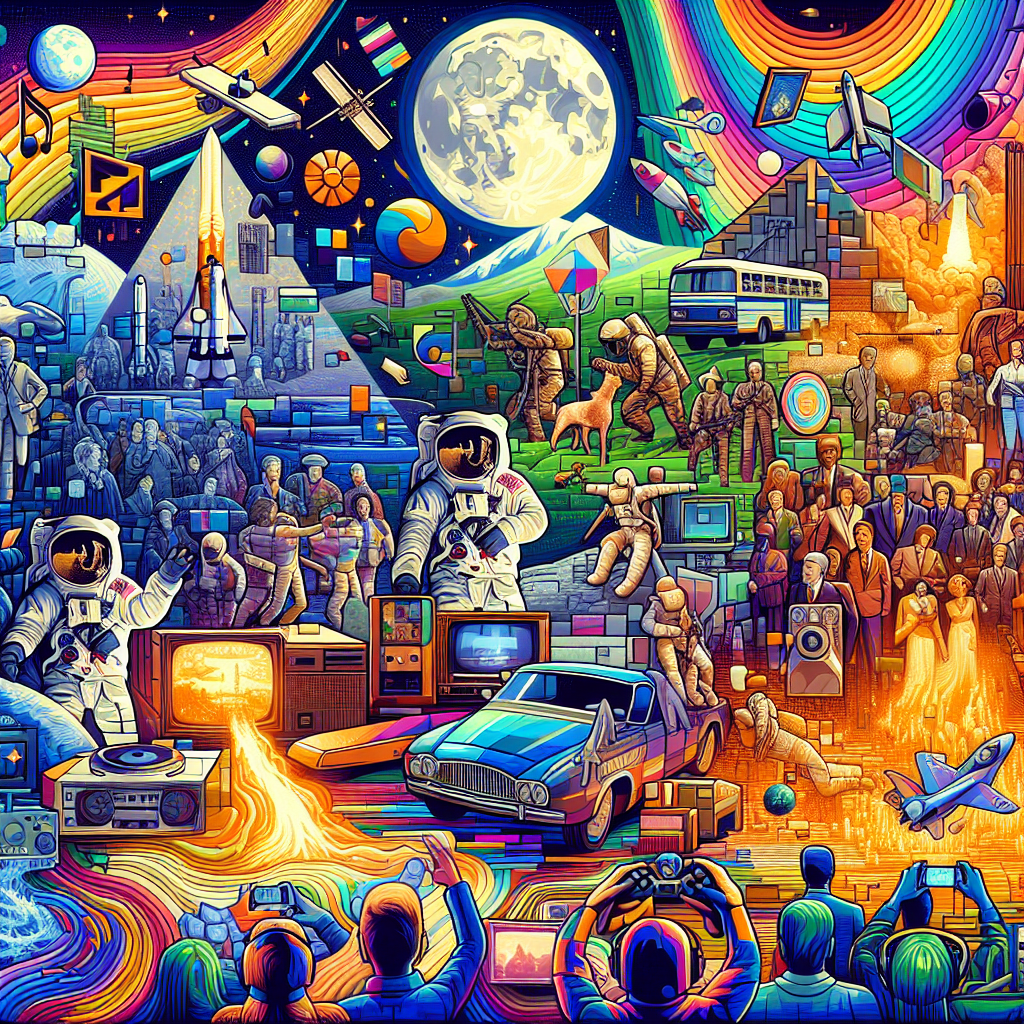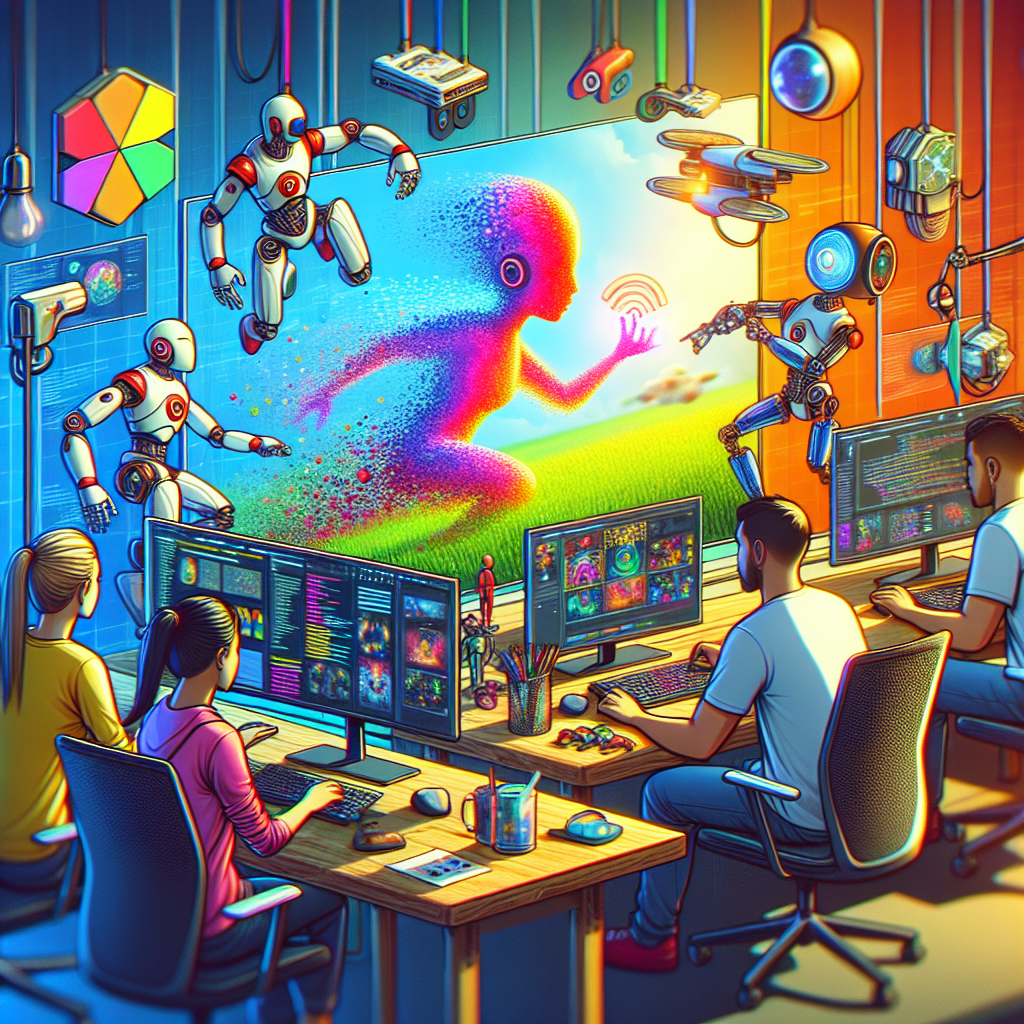Indie games revolutionizing the industry is a topic that has gained significant traction in recent years. Independent developers have brought fresh perspectives and creativity to the gaming world, often challenging traditional norms set by larger studios. This article will explore how indie games are not just a niche segment but are reshaping the entire landscape of the gaming industry.
The Rise of Indie Games
The rise of digital distribution platforms such as Steam, itch.io, and the Epic Games Store has made it easier for indie developers to reach their audience. Unlike major publishers, indie developers can launch their games without needing extensive funding or marketing budgets. This democratization of game publishing has led to an explosion of creativity.
Many successful indie games, like Celeste and Hollow Knight, have demonstrated that innovative gameplay and emotional storytelling can resonate with players just as much as big-budget titles. These games often focus on unique mechanics and personal narratives, allowing for a more intimate gaming experience.
Innovation Over Tradition
Indie games revolutionizing the industry also means pushing the boundaries of game design. Developers are experimenting with gameplay mechanics that larger studios may shy away from due to financial risks. For example, games like Undertale and Journey have introduced unconventional storytelling techniques that engage players in ways mainstream games often do not.

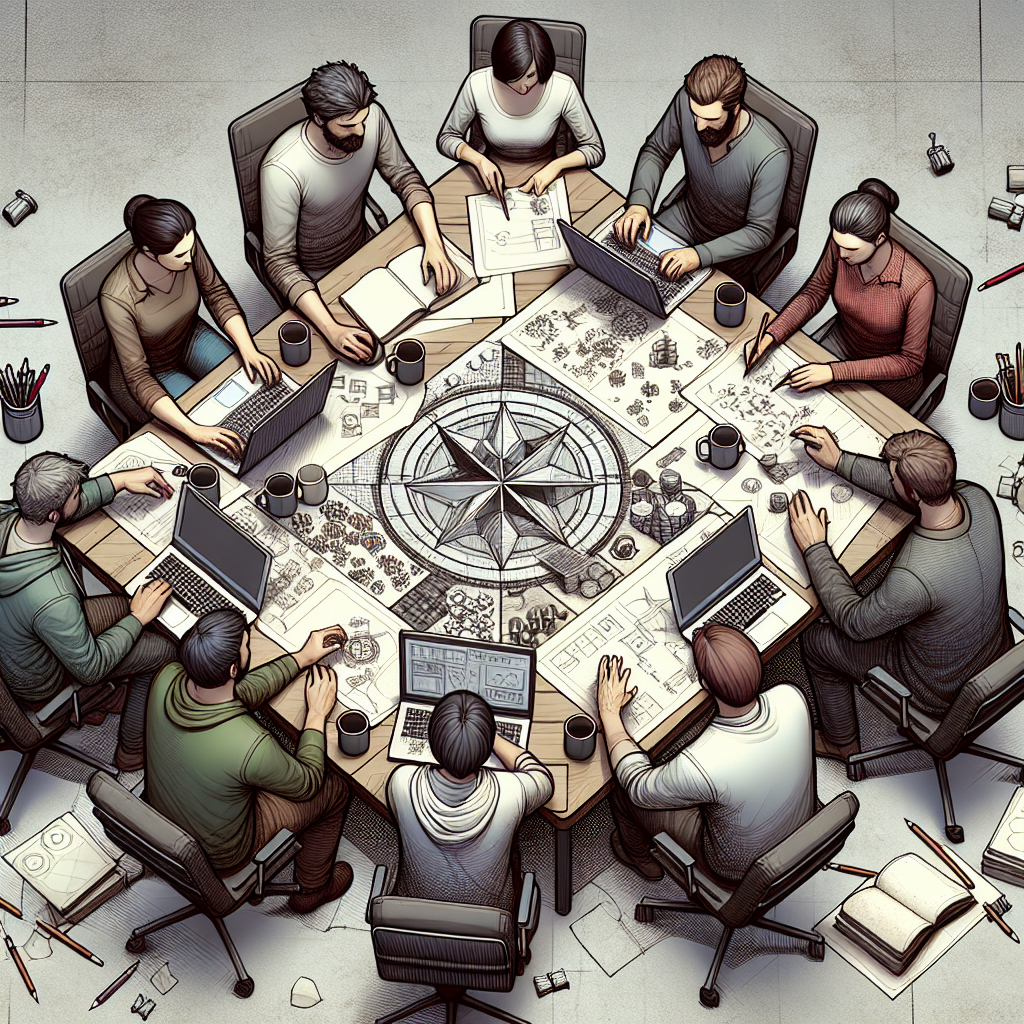
This innovation is not limited to gameplay; it extends to art styles and soundtracks as well. Many indie games adopt unique visual aesthetics that stand out in a market often dominated by hyper-realistic graphics. The soundtracks, often composed by indie musicians, bring an added layer of emotional depth to the gaming experience.
Community and Cultural Impact
Another crucial aspect of indie games revolutionizing the industry is their ability to foster community and cultural dialogue. Indie developers often engage directly with their player base, offering updates, listening to feedback, and creating a sense of belonging. This connection allows for a more inclusive gaming environment, where diverse voices can be heard.
Moreover, indie games often reflect social issues and cultural narratives that resonate with players. Titles like Oxenfree and Night in the Woods tackle themes of mental health and social struggles, sparking discussions that extend beyond the screen. These games remind us that video games can be a powerful medium for storytelling and social commentary.
In conclusion, indie games are revolutionizing the industry by challenging traditional gaming norms, fostering innovation, and creating a platform for diverse voices. As players continue to seek unique and meaningful experiences, the impact of indie games will only grow, further shaping the future of the gaming landscape.
Some content and/or images on this page were created using AI.

